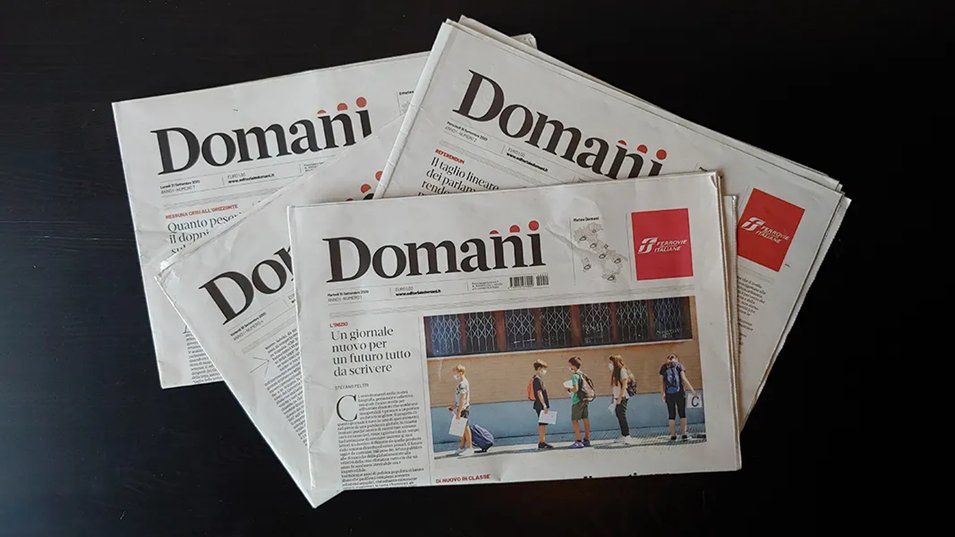From William Horsley
In Italy, three journalists for Domani newspaper face possible lengthy prison sentences in what is seen as a crucial test case for the survival of press freedom.
The AEJ has joined a large number of media freedom organisations and media outlets in a petition started by Domani calling for the Italian judicial and political authorities to respect the right to report, the freedom of the press and the public’s right to have independent media.
A prosecutor in Perugia has ordered Domani to hand over materials which would reveal the source of information behind articles Guido Crosetto, il nuovo ministro della Difesa ha incassato milioni di euro da Leonardo (editorialedomani.it) that alleged a conflict of interest concerning Italy’s Defence Minister Guido Crosetto’s receipt of payments from the arms industry.

Italian and international journalists’ unions and press freedom bodies protest that the prosecutor’s demand risks criminalising journalism and have called for the case to be dismissed. In recent times Italian public officials have increasingly sought to suppress media reporting on alleged abuses of power and other matters of public interest by bringing personal lawsuits against journalists.
Meanwhile the Italian Parliament stands accused of dragging its heels instead of acting on long-standing demands from the European Court of Human Rights and Italy’s Constitutional Court for wholesale reforms of the country’s defamation laws.
In 2020 the Association of European Journalists, together with the European and International Journalists Federations reported Italy’s repeated failures to amend its defamation laws in line with its international obligations to the Council of Europe’s inter-active online Platform for the Safety of Journalists https://fom.coe.int/en/alerte/detail/63771737;globalSearch=true .
In a written response 16809e7ac3 (coe.int) , the Italian government professed full commitment to cooperation with the Platform and referred to draft legislation before parliament.
But since then various moves to amend domestic defamation legislation as instructed have foundered due to stiff resistance by the parties in power.
Meanwhile the monitoring work of the Italian NGO Ossigeno per l’Informazione (Oxygen for Information) https://www.ossigeno.info/diffamazione-il-parere-di-ossigeno-sui-ddl-allesame-del-senato/ shows that every year thousands of Italian journalists, human rights defenders and civil society activists suffer long and expensive trials because of groundless and vexatious lawsuits. These severely constrain free speech and open public debate, Ossigeno says, and nine out of ten of them end with the recognition that the accusations were invalid and designed to intimidate and obstruct the right to freedom of expression and information.





